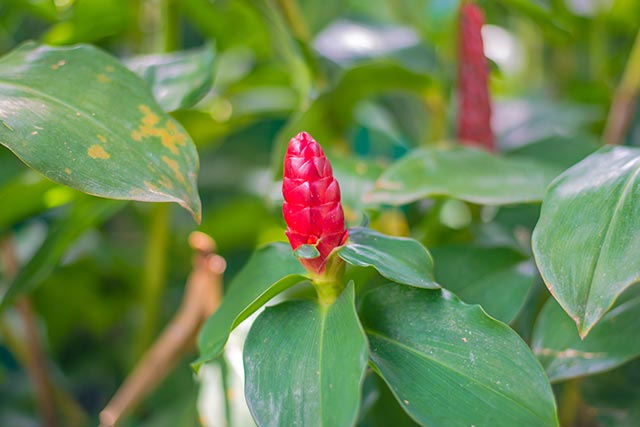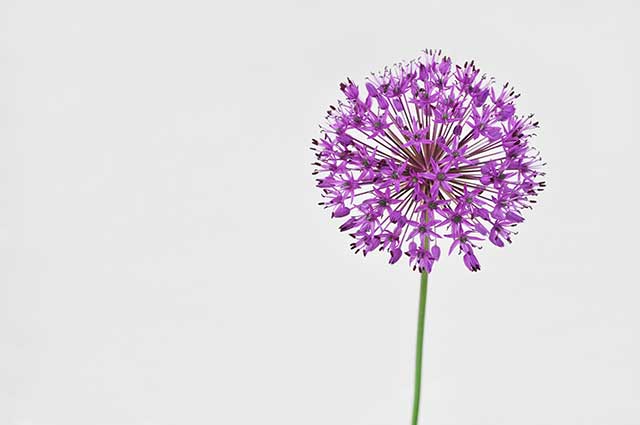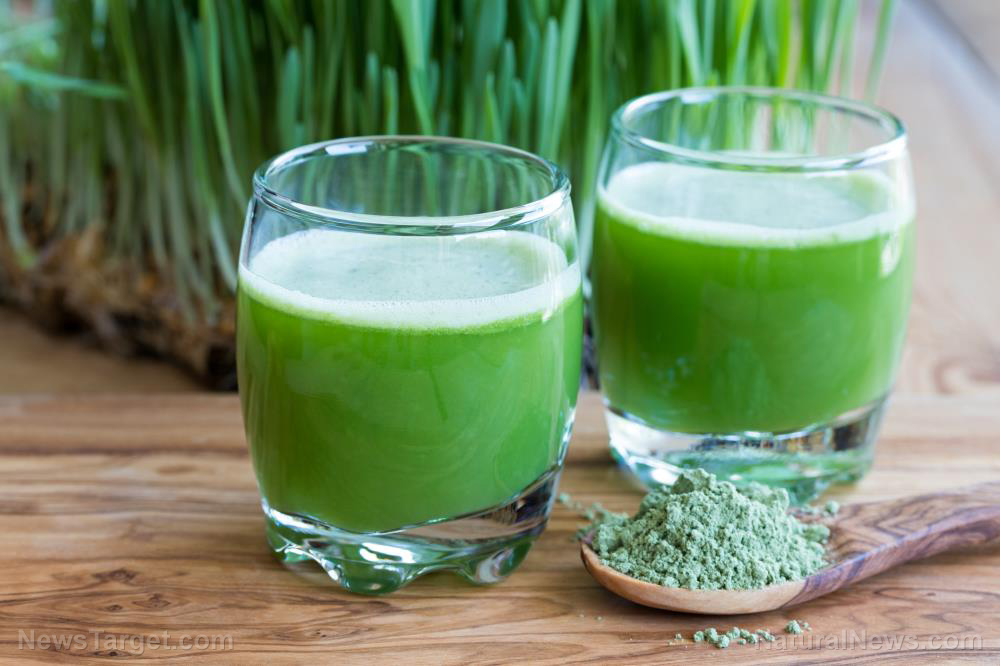These herbs can protect your skin from cancer, says research
03/26/2020 / By Evangelyn Rodriguez

Low-risk skin cancers or non-melanoma skin cancers are a group of cancers that develop in the upper layers of the skin. These types of cancer usually affect people with fair skin, as well as the elderly. Although low-risk skin cancers are more common than the more serious melanoma, treatment options for them are still limited and oftentimes ineffective. Thankfully, alternative treatments that yield much better results are also available.
In a recent article published in the journal Alternative and Complementary Therapies, Claire Zimmerman, a naturopathic doctor and adjunct professor at Bastyr University in Washington reviewed various botanical interventions that are used to protect against sun damage — the primary cause of skin cancer. Zimmerman believes that the compounds present in herbs like St. John’s wort and green tea can offer photoprotection and prevent low-risk skin cancers, as well as pre-cancerous skin conditions like actinic keratosis.
How sun exposure causes skin cancer
Ultraviolet (UV) radiation is a natural component of sunlight. Although overexposure to UV rays is the main cause of sunburn, infrared (IR) rays, and not UV rays, are responsible for the sun’s heat. Nevertheless, UV rays can damage the skin and lead to skin cancer.
According to research, low-risk cancers, precancerous skin conditions and melanomas are caused by two main types of UV rays: UVB, which causes the majority of sunburns, and UVA, which penetrates the skin and causes premature skin aging.
When the skin is exposed to too much sunlight, UV radiation can damage the DNA in skin cells. It can also inhibit the production of adenosine triphosphate (ATP), a molecule that stores and transports chemical energy within cells. This impairs the skin’s immunity and the natural ability of cells to repair DNA. Once DNA damage builds up, it can cause cells to grow out of control and turn into cancer cells.
Primary treatments for low-risk skin cancers, such as basal cell carcinoma (BCC) and squamous cell carcinoma (SCC), and pre-cancerous conditions like actinic keratosis (AK), include surgery, cryotherapy and chemotherapy. However, these treatments not only tend to leave lasting scars, but skin cancers treated with these interventions have a high rate of recurrence. Hence, the use of alternative treatments for low-risk skin cancers has become popular recently. (Related: Chayotes can prevent and treat skin cancer.)
Herbs that can prevent sun damage and skin cancer
Skin remedies that were developed using botanicals have demonstrated their effectiveness in multiple studies. In contrast to conventional treatments, botanical interventions have minimal side effects, cause very little scarring and effectively prevent skin cancers from recurring. Here are some of the herbs that, according to research, can treat or provide protection from cancer-causing sun damage:
- Witch hazel (Hamamelis virginiana) — Because of its abundance in antioxidants, witch hazel can be used not only to treat sunburns, but also to shield the skin from damage caused by UV rays.
- Green tea (Camellia sinensis) — An abundant source of polyphenols, which have antioxidant, chemopreventive and immunomodulatory effects, green tea can prevent UV-induced skin damage and immunosuppression.
- Golden serpent fern (Polypodium leucotomos) — According to studies, the compounds in golden serpent fern possess properties that protect against skin damage caused by inflammation and harmful reactive molecules called free radicals.
- White birch trees (Betula spp.) — Studies suggest that betulinic acid and oleogel from Betula species can kill skin cancer cells and treat skin lesions caused by AK.
- Garden spurge (Euphorbia peplus) — This herb contains a sap that has been traditionally used to treat AK and non-melanoma cancers. Ingenol mebutate from garden spurge has also shown effectiveness at treating AK lesions in clinical trials.
- St. John’s wort (Hypericum perforatum) — According to a small study, injection of a photoactive and photosensitizing compound called hypericin from St. John’s wort is effective in treating patients with BCC and SCC.
Due to the strong evidence presented by numerous studies, Zimmerman believes that these medicinal herbs can be incorporated into a skin care regimen with minimal risk. To prevent sunlight-induced pre-cancerous skin lesions, she suggests using basic sun protection and augmenting this with antioxidant-rich herbs used either topically or orally.
Sources include:
Tagged Under: alternative medicine, anticancer, botanicals, cancer cures, Cosmetics, disease treatments, herbal medicine, Herbs, natural cures, natural medicine, research, skin cancer, skin health, sun exposure
RECENT NEWS & ARTICLES
COPYRIGHT © 2017 PREVENT CANCER NEWS



















